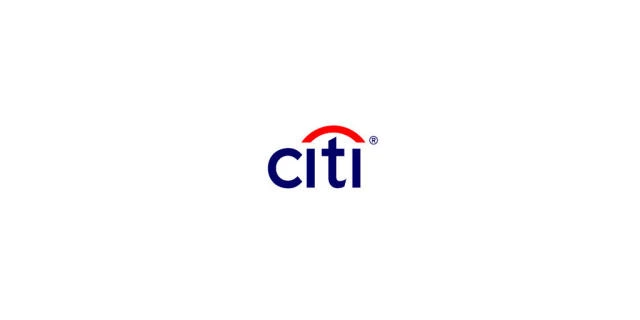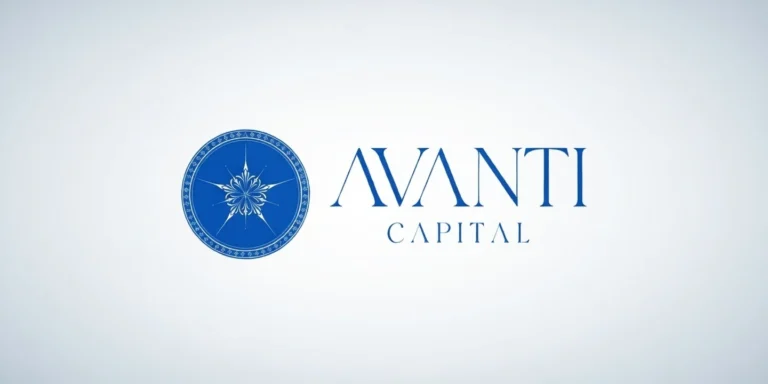
Citigroup to Redeem €452M 4.25% Subordinated Notes Due 2030
Citigroup Inc., a leading global bank and financial services provider, has announced its intention to redeem in full its 4.25% Fixed Rate / Floating Rate Subordinated Notes due 2030 (the “notes”). The redemption will amount to €451,934,000, covering the total outstanding principal of the notes issued under ISIN: XS0213026197.
Redemption Details
The redemption date for the notes has been set for February 25, 2025. On this date, Citigroup will repay the principal amount of the notes, along with accrued and unpaid interest up to, but not including, the redemption date. The total cash redemption price will equal the notes’ face value (par), ensuring that noteholders receive full reimbursement for their investment alongside the accumulated interest.
After the redemption date, the notes will cease to accrue interest. This marks the end of their tenure in Citigroup’s portfolio, signaling a strategic move by the company to optimize its funding mechanisms and improve its financial efficiency.

Strategic Context
This redemption aligns with Citigroup’s comprehensive liability management strategy. As part of its ongoing efforts to streamline its funding and capital structure, the bank regularly evaluates opportunities to retire, repurchase, or redeem outstanding securities. This particular action is informed by a range of factors, including:
- Economic Value: The redemption reflects Citigroup’s consideration of the economic benefits of retiring this specific tranche of subordinated debt, particularly in light of its fixed-to-floating interest rate structure. By eliminating the ongoing cost of servicing this debt, Citigroup can potentially improve its overall financial efficiency.
- Regulatory Considerations: The move comes against the backdrop of evolving regulatory requirements, which influence how banks manage their capital and funding structures. Citigroup continues to align its debt portfolio with current regulatory frameworks, ensuring compliance and maintaining a strong capital position.
- Net Interest Margin and Borrowing Costs: Retiring the notes could positively impact Citigroup’s net interest margin by reducing the overall interest expenses associated with its debt obligations. Furthermore, given the current interest rate environment, this redemption may allow the company to replace higher-cost funding with more cost-effective alternatives.
- Portfolio Tenor and Capital Impact: Citigroup’s decision also reflects an analysis of the remaining tenor of its overall debt portfolio. By retiring long-dated subordinated notes, the bank may achieve better alignment between its debt obligations and its strategic funding needs.
- Market Conditions: Finally, prevailing market conditions play a critical role in Citigroup’s decision-making process. The timing of this redemption likely reflects a favorable environment, enabling the company to execute its liability management strategy effectively.
Impact on Noteholders
For noteholders, this redemption ensures the repayment of the full principal amount, along with any unpaid interest accrued until February 25, 2025. As of the redemption date, the notes will no longer generate interest, and noteholders will no longer have any claim against Citigroup related to these securities. This process represents a smooth and transparent conclusion to the notes’ lifecycle, with Citibank, N.A. acting as the designated paying agent to facilitate payments to investors.
Citigroup’s Broader Financial Strategy
The redemption of these subordinated notes is part of Citigroup’s larger efforts to enhance its financial flexibility and adapt to changing market and regulatory environments. The company has consistently demonstrated a proactive approach to liability management, focusing on maintaining a robust balance sheet while maximizing value for stakeholders.
Citigroup’s liability management strategy involves periodic assessments of its debt portfolio to identify opportunities for optimization. By retiring specific tranches of debt, the company can lower its cost of funding, improve its capital ratios, and ensure compliance with regulatory capital requirements. This approach underscores Citigroup’s commitment to maintaining a resilient financial position, even in the face of dynamic economic conditions.
Citigroup’s Market Leadership
As one of the world’s leading financial institutions, it operates in more than 160 countries, providing a wide range of financial services, including investment banking, consumer banking, wealth management, and corporate finance. Its strategic focus on liability management reflects the company’s broader commitment to innovation, risk management, and financial excellence.
This redemption further reinforces the reputation as a forward-thinking institution that prioritizes efficiency, regulatory compliance, and shareholder value. By actively managing its debt obligations, the company demonstrates a disciplined approach to capital allocation and a keen understanding of global market trends.




